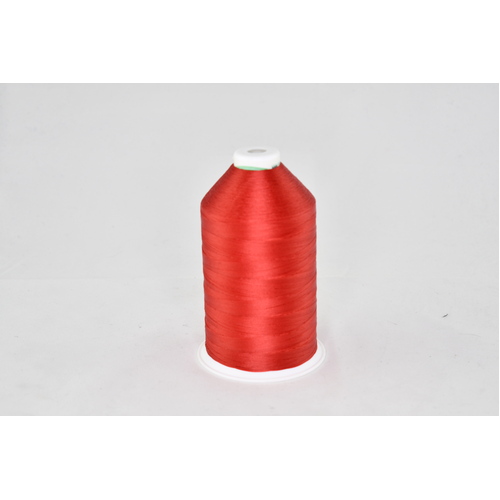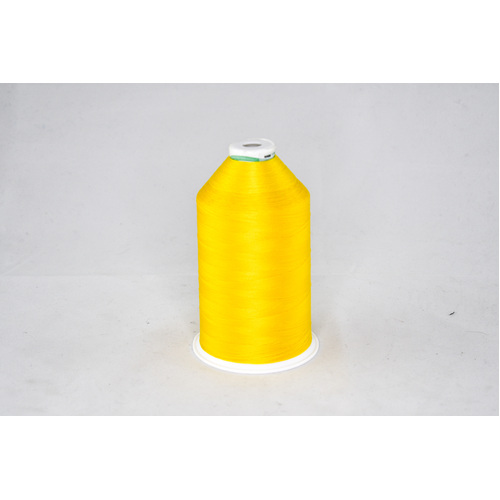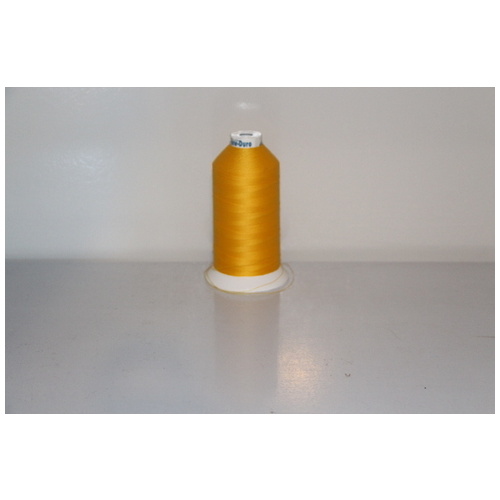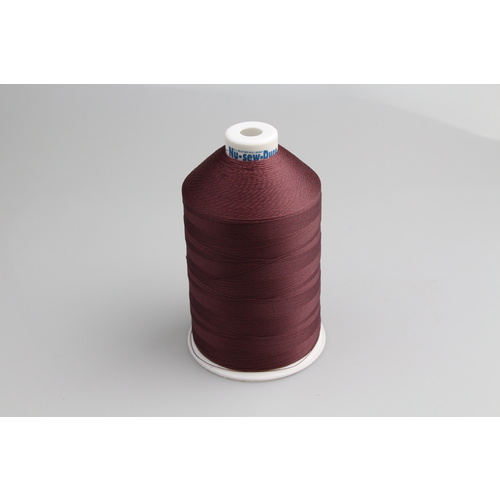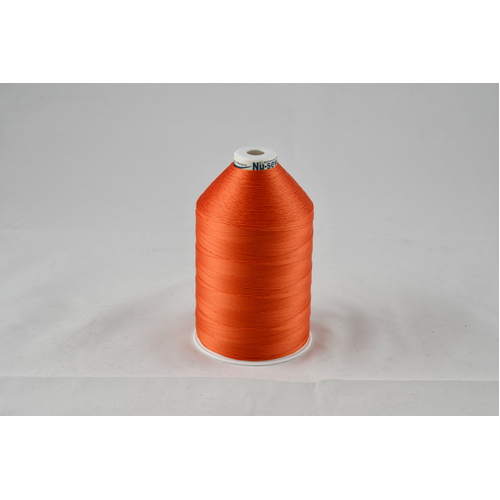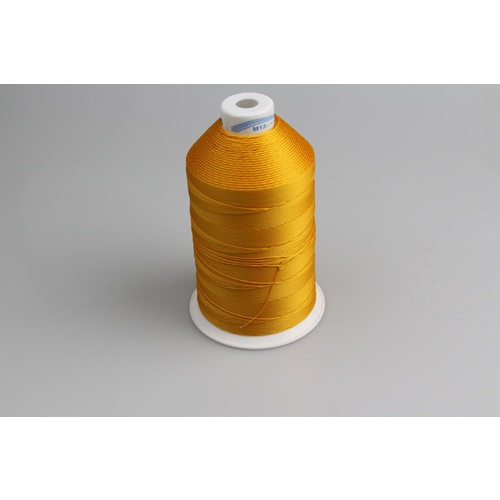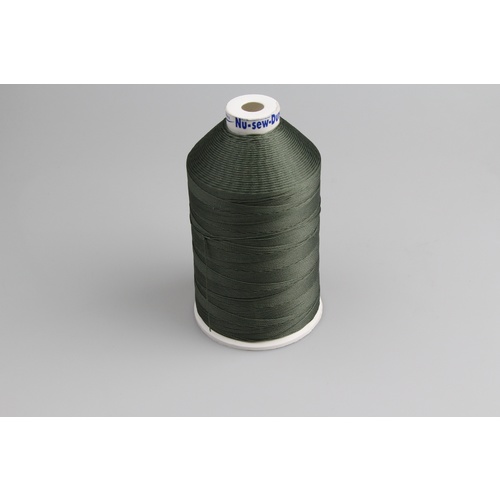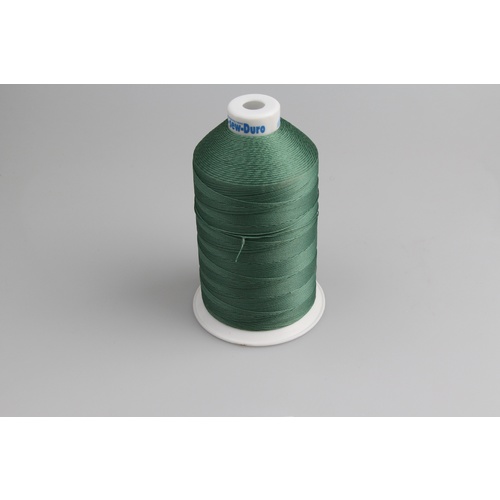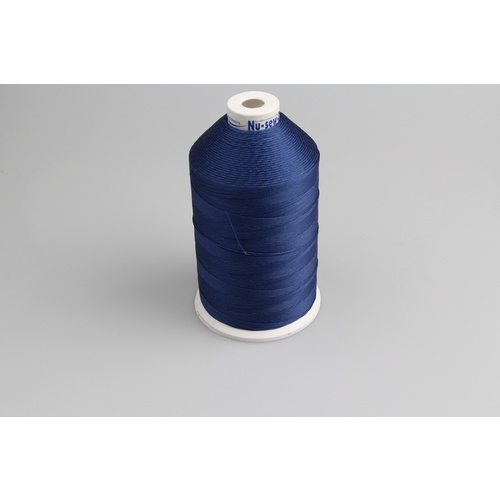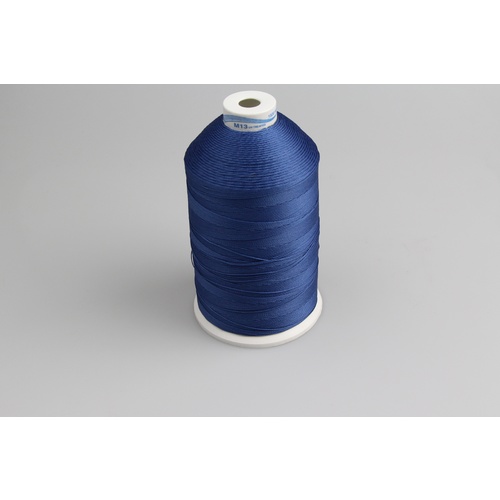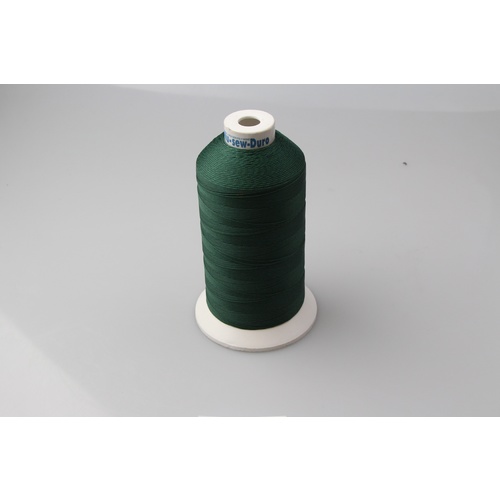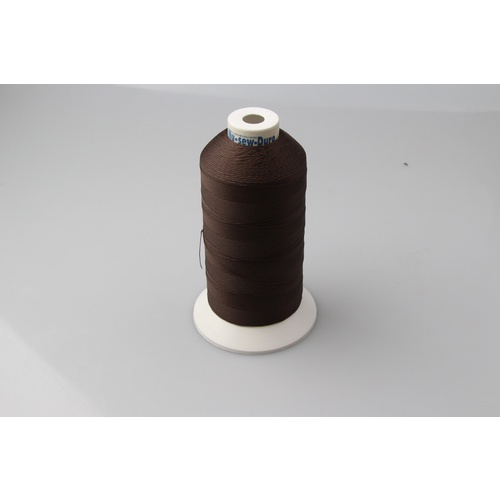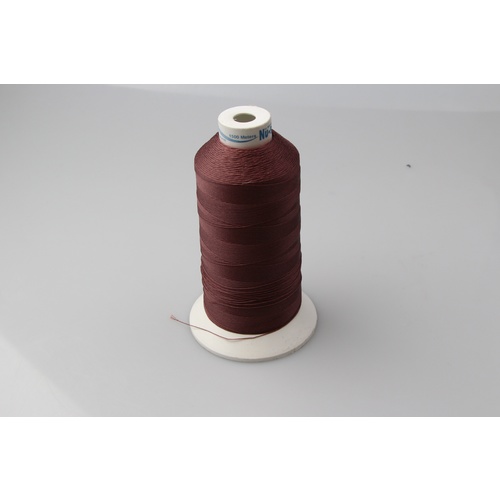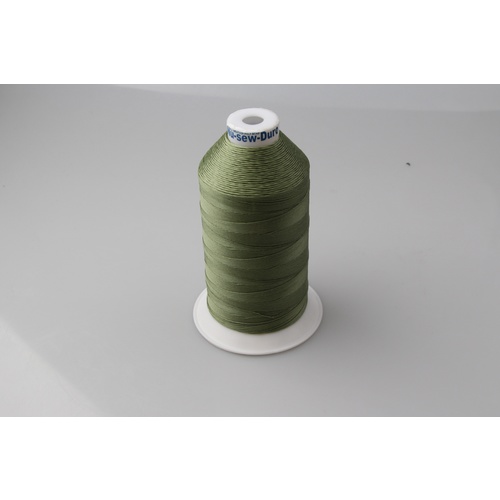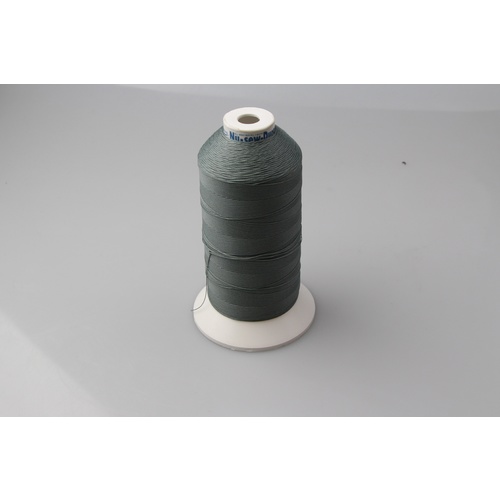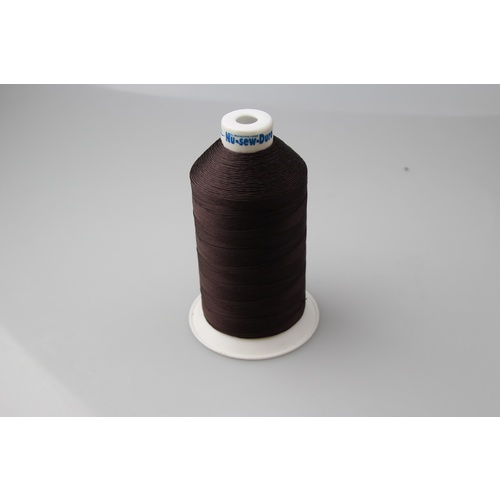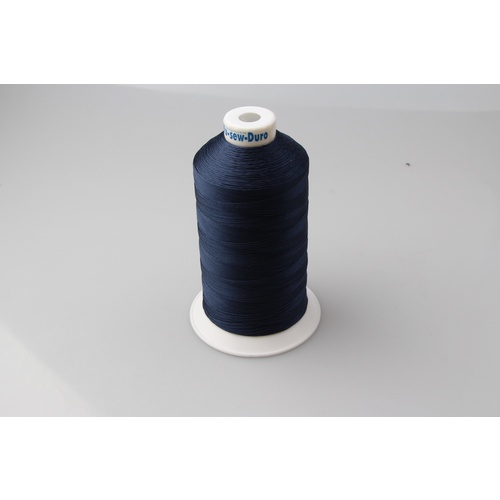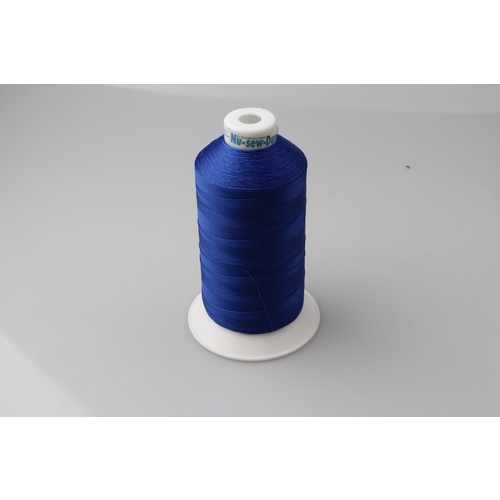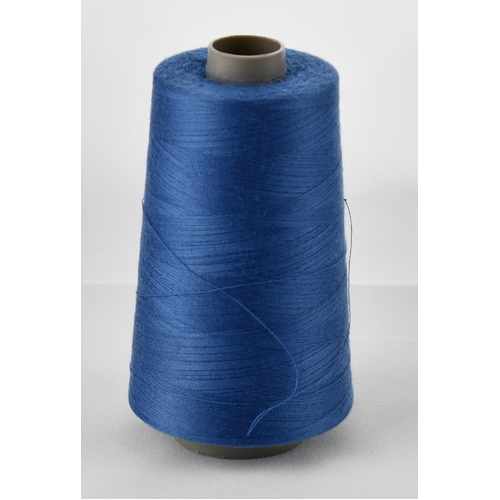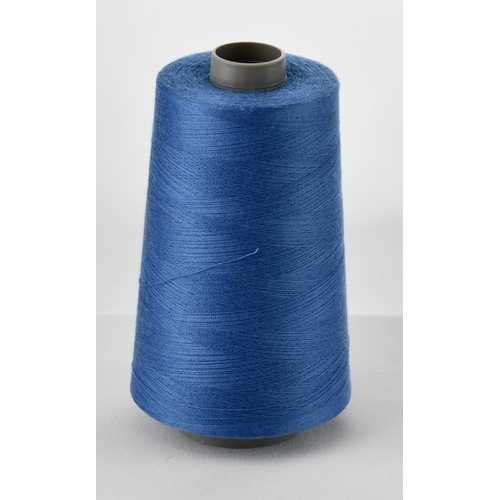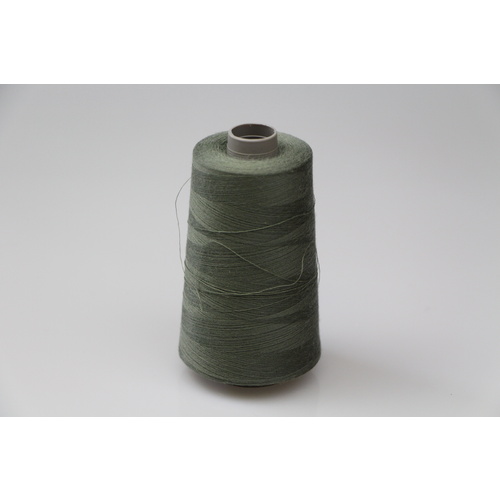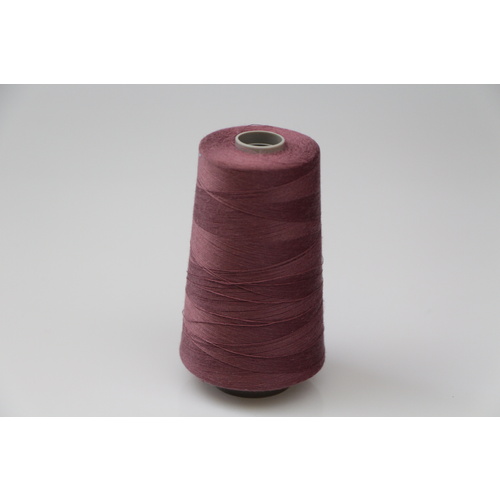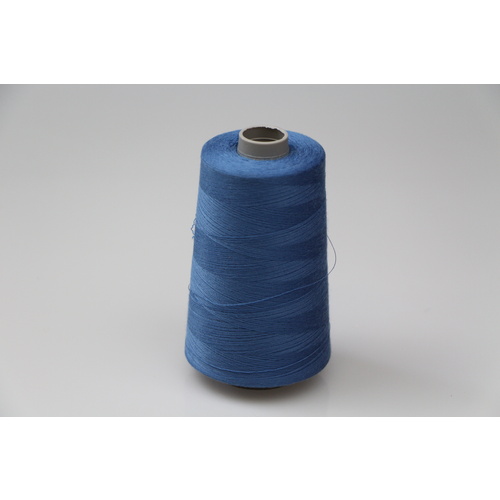Thread is the one that holds everything together when sewn by hand or machine. Sewing threads are used in many manufacturing industries such as clothing, aeronautics, automotive, etc. Therefore, the quality of the thread is one of the most important factors that manufacturers should greatly consider when choosing a thread. There are 4 usual features that you need to look in to when choosing a thread.
4 Thread Features
One of which is tensile strength, which is a feature that guarantees that the stitched seam will stay securely in place even after the finished product has been washed and worn. Apart from having good tensile strength, a thread also needs to feature a smooth surface. This ensures that friction will be reduced or diminished between the needle and material that you are sewing. In the past, most manufacturers used lubricating agents to protect the needle and material from abrasion. However, with today’s technology, smooth surfaced threads have become the most sought-after threads in the market.
A thread also needs to have uniform diameter. Hand-sewing materials using threads with uneven diameter can be uncomfortable. Uneven diameter also has the tendency to twist into short knots which could jam the eye of the needle. Machine-sewing using these threads may also lead to malfunctions, which can cause a delay in production. The diameter of the thread also affects the thread’s tensile strength, twist construction, and its resistance to abrasion. Having uniform diameter will help the thread move smoothly and quickly through the eye of the needle and material.
Finally, a thread also needs to have good elasticity, which allows it to recover to its original length after you or the machine releases the tension. In addition to this, elasticity is also able to affect the strength of the thread and even the finished quality of the stitched seam.
Sewing Thread Australia
Vardhman Threads is one of the leading stockists of trusted brands of sewing threads in Australia. Our goal is to bring back personal service in an industry that has lost its friendly touch. Apart from threads, we also supply webbings, bindings, fittings, and fabrics at reasonable prices.
Vardhman Threads also aim to provide the best quality threads. Thus, we ensure that all products we sell at our store are made from premium-grade raw materials. All the parts and fittings that we house have been sourced from all over the world. We distribute our high-quality products not only in Australia but also in New Zealand.
Vardhman Threads houses a wide range of threads such as Embroidery Thread, Bonded Polyester Thread, Polyester/Cotton Thread, Waxed Braided Thread, Overlocking Thread, Bonded Nylon Thread, and Polyester Thread.
Embroidery Thread
Embroidery thread is a special type of thread which is either hand-spun or manufactured threads and is used specifically for embroidery and other forms of needlework. These threads vary widely and often come in many different fiber types, colours, lengths, and weights. Embroidery threads usually have high sheen and have softer texture than regular sewing threads. These threads are made to be stronger than regular threads because they need to go in and out of the fabric a few more times. Embroidery threads are usually made from cotton, polyester, rayon, silk, etc. But those used for machine embroidery are often made from polyester and rayon.
Bonded Polyester Thread
Bonded Polyester Threads are often used for sewing awnings, backpacks, boat covers, sailing, tarpaulins, luggage, etc. These threads are made using a very unique bonding method that creates a protective coating that is able to resist against needle friction, fraying, and heat when being sewn at higher speeds. This unique method also prevents the sewing threads from unraveling during multi-directional sewing. Usually, due to the protective coating, the threads appear slightly darker on the spool.
Cotton/Polyester Thread
Cotton/Polyester Thread has a polyester core that’s wrapped in a cotton covering. The polyester core gives this thread flexibility and strength, while the cotton covering gives it heat resistance and a soft, natural feel and appearance. These threads do not fade or shrink when washed and do not product a lot of lint, which helps in keeping the machine clean. Cotton/Polyester Threads are commonly used for sewing denim garments and jeans.
Waxed Braided Thread
Waxed Braided Thread is a sewing thread that is coated with a thin layer of wax that makes threading needles and sewing in braids much easier. This type of thread offers more grip and strength than regular threads or yarn. The thread is stiffer, water resistant, and more durable than that of regular threads. This feature makes it perfect for creating clean and secure braids. Waxed Braided Thread is the ideal thread for hand sewing bags, belts, wallets, shoes, and leather accessories. These threads can also be used in saddlery and countless other materials.
Overlocking Thread
Overlocking Threads are the most useful threads when sewing knits. They are especially ideal for use in the overlock process of cloth production. These are fine, smooth, and fairly strong threads which were designed to run at super-high speeds. A great feature of these threads is that they can be used on both looper or overlocker needle. It can be used for sewing woven fabrics, although not in areas where stress is concentrated.
Bonded Nylon Thread
Bonded Nylon Thread is a nylon thread that has been made with protective coating to prevent fraying and to eliminate heat caused by friction which occurs while sewing. One great feature of this thread is that it has high tensile strength, which means it can be used for high-stress production. In addition, these threads also have high resistance to aging, abrasion, and mildew.
Polyester Thread
Polyester Thread is well-known for being one of the most versatile threads in the market. It features slight elasticity, which gives it satisfactorily adequate strength and stretch that helps in preventing thread breakage. This elasticity also helps prevent fraying, which paves way for superb sewability. Most polyester threads look, feel, and sew just like nylon thread. Nevertheless, polyester threads are more resistant to mildew and UV.


